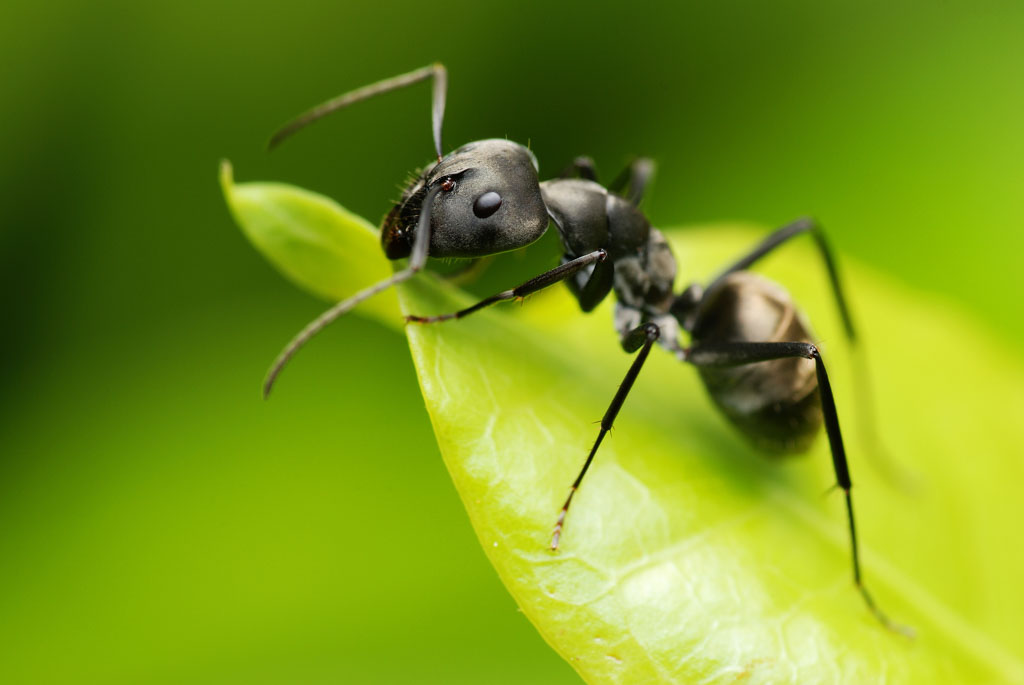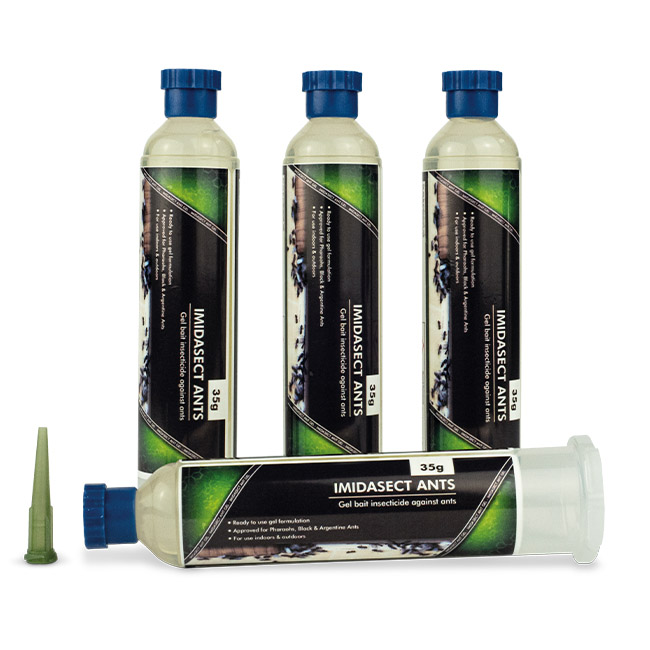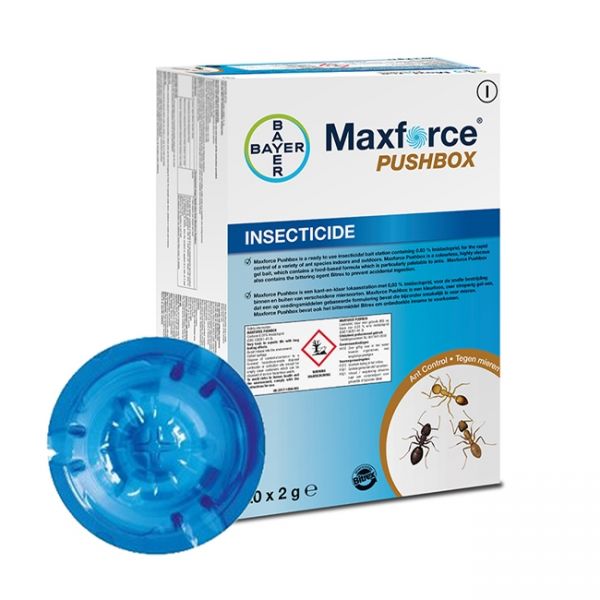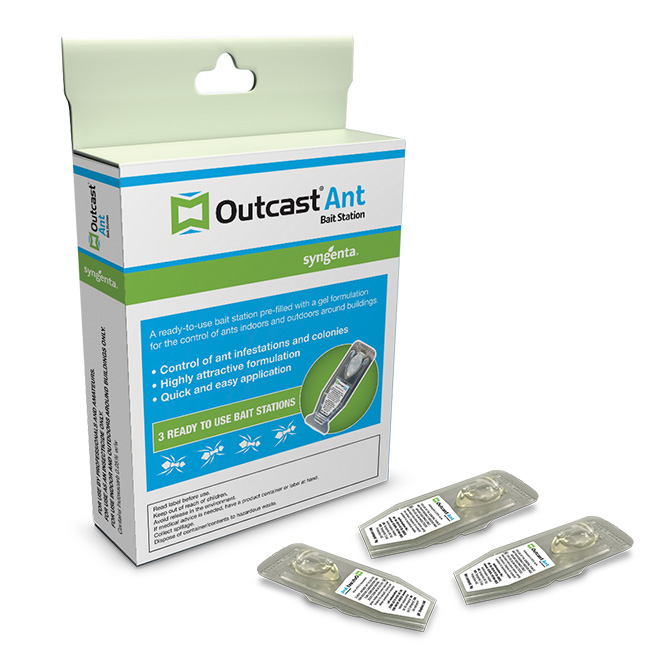Black Garden Ant (Lasius niger)
 |
The Lasius Niger commonly known as the black garden ant or black ant, is by far the most common species across Europe and the united kingdom. It is a very fast moving ant. They can be very active with lots of energy.
Identification:
Garden Ants usually nest outdoors in lawns, flower beds, beneath paving stones and at the base of walls. Premises are usually invaded by worker ants foraging for food, especially sweet foods. When food is found by one ant, there will soon be others and a trail of worker ants take food back to the nest.
Biology:
During summer, winged females (Queens) and males leave the nest on one or two warm afternoons and take flight. During this flight the ants mate. The formation of a new colony starts with a mated winged female digging into the earth to produce a new cell; she lays a large number of eggs which hatch after 3 – 4 weeks into white legless grubs. The female (Queen) feeds them on nourishing secretions from her salivary glands. Pupae develop in less than two weeks to adult ants; this first generation will consist entirely of worker ants. These ants then tend the Queen by bringing a range of food materials into the nest.
Control:
For total eradication it is necessary to destroy the nests rather than just the foraging ants. If possible, trace the trail of worker ants to the nest. The openings to the nest can often be identified by small piles of fine earth being brought up from underground. If the nest can be exposed, apply an insect powder or spray labelled for that use. If it is not possible to trace the nest, use an insecticidal spray labelled for the control of crawling insects to treat outside the building and the ground around likely entry points such as door frames, air bricks and waste pipes to create an insecticidal barrier. The same insecticide may be used indoors where ants have been found wandering. Application should form a continuous band around wall/floor junctions, taking care not to contaminate food or food preparation surfaces with insecticide. Gel baits are also available for garden ants, supplied as or applied in bait stations, worker ants will be attracted to the toxic bait, take it back to their nest and share it with the others in the nest. After several days there should be a reduction in numbers of foraging ants but it may take a couple of weeks to be fully effective.
Products to control Black Garden Ants:
|
Imidasect Ant Gel (35g tube) |
Maxforce Pushbox (20 x 2g) |
Outcast Ant Bait Station (pack of 3) |



